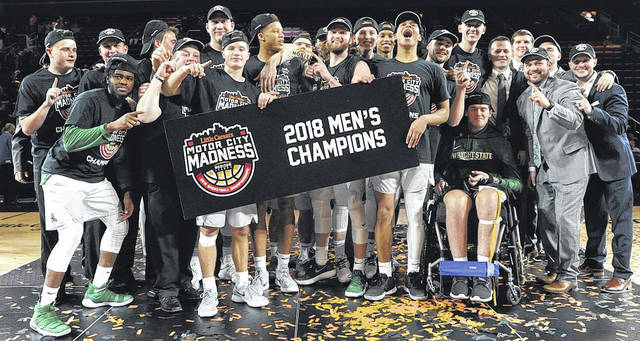BEAVERCREEK — Beavercreek City School District officials are asking voters to approve a 6 mill, $10.4 million substitute emergency levy in the May 2 special election.
Dollars generated from the levy, which amounts to approximately 13 percent of the district’s operating revenue, would fund day-to-day expenses for the schools such as utilities, bus fuel, classroom supplies, technology and personnel. In simple terms, it would maintain the status quo.
If passed, the renewal tax levy would not increase taxes. Without any additions, taxpayers would continue to pay an estimated $210 per year for each $100,000 of appraised property value.
This levy would substitute the emergency levy originally passed in November 2014 that is set to expire in December 2018. If approved, the revenue collection would begin in January 2019. It is permanent, meaning it would not have to be renewed.
“Instead of coming back again in five years … this reduces voter fatigue,” Beavercreek Schools Treasurer and Chief Financial Officer Penny Rucker said.
Rucker and Superintendent Paul Otten said while examining this levy they are aware of the current growth of the community, and are focused on what will allow for growth in the future.
The two see it as a good move for the district, naming some of the benefits it would give taxpayers.
According to the two, the tax levy would collect additional revenue on new construction and would require new homeowners to pay the same rate of taxation as current homeowners. New homeowners moving into the district would pay current tax rates.
The $10.4 million value of the levy was initially approved by voters in 2014. When new homes or businesses are built within the district, the new construction would bring additional income without increasing the existing taxpayers’ obligation. New construction would allow the $10.4 million value to grow, thus reducing the need for additional levies.
Otten is optimistic that Beavercreek voters will support the schools, as they have many times in the past.
“Ultimately it’s one-tenth of our operating costs. A $10.4 million reduction in services would truly dismantle the district,” he said.
The money is simply needed in order to operate, Otten continued. If the levy for some reason didn’t pass, it would be on the ballot again in the next election.
Rucker agreed that the cuts would be too great for the district to handle.
“We know our budget can’t withstand a reduction,” she said.
Rucker provided a visual to represent what would happen if the levy didn’t pass. The general funds budget, she said, is $100 million.
“We have 10 buildings. If we couldn’t have this going forward — it would be the equivalent of picking one building and losing it. That’s an example of how much it could impact us,” she said.
Of course, the buildings aren’t going anywhere. But the losses would be great.
According to Rucker, $10 million of reductions in the district would change everything: services, transportation, teachers, programming, and even the number of students per class.
“Our community has already supported us this many times,” Otten said. “They’re proud of our schools.”


